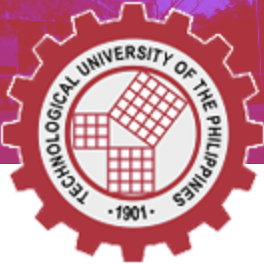The Technological University of the Philippines (TUP) is a public higher education institution in the Philippines that focuses on education in engineering, science, and related fields. Here are some key facts about TUP:
Overview:
Founded in 1901 as the Manila Trade School, TUP went through several name changes and developments before finally becoming a university in 2009.
As a national key university, TUP is committed to supporting the country's economic development through high-quality technology and engineering education.
TUP is one of the oldest engineering education institutions in the Philippines, with a long history and rich teaching experience.
Campuses:
TUP's main campus is located in Ermita, Manila, and it also has several campuses across the Philippines, including:
Manila Campus
Pasay Campus
Taguig Campus
Cavite Campus
Batangas Campus
Quezon Campus
Enrollment:
TUP has thousands of students, covering all levels of education from undergraduate to postgraduate.
The student body includes local students from different backgrounds and a small number of international students.
Educational Philosophy:
TUP emphasizes a teaching method that combines theory and practice, focusing on cultivating students' hands-on skills and ability to solve practical problems.
The school encourages innovation and research to adapt to the rapidly changing technological environment.
TUP also attaches importance to sustainable development and social responsibility, and cultivates students' care for society and the environment.
Disciplines and Departments:
TUP offers a variety of undergraduate and postgraduate programs in engineering, technology and science.
The main colleges include but are not limited to:
College of Engineering: offers courses in electrical engineering, mechanical engineering, civil engineering, chemical engineering, etc.
College of Computer Studies and Information Technology: offers courses in computer science, information technology, etc.
College of Architecture and Fine Arts: offers courses in architecture, interior design, etc.
College of Science: offers basic science courses such as physics, chemistry, and mathematics.
College of Industrial Technology: offers various technical training courses.
College of Education: offers courses such as educational technology and industrial education.
College of Management: offers courses such as business administration and public administration.
In addition, TUP also offers a range of graduate programs such as Master of Engineering Management, Master of Public Administration, Master of Technology Management, etc.
Ranking:
TUP enjoys a high reputation in the field of technology and engineering education in the Philippines.
The school is usually ranked at the top of the domestic public university rankings in the Philippines, especially in the field of engineering and technology.
Some of TUP's courses and programs are recognized and accredited by the Commission on Higher Education (CHED) of the Philippines.
Cost:
As a public university, TUP's tuition is relatively affordable compared to private universities.
The specific tuition varies according to the course and degree level.
TUP also provides scholarships and other financial assistance to eligible students.
Campus Life:
TUP offers a rich and colorful campus life, including student clubs, sports activities and cultural festivals.
The school encourages students to participate in community service and internship programs to enhance their social practice experience and career preparation.
The campus is equipped with libraries, laboratories, sports facilities, etc., providing students with a good learning and living environment.
International Cooperation:
TUP has established cooperative relations with many universities and research institutions in the world to promote academic exchanges and student exchange programs.
The school also regularly invites international lecturers and industry experts to give lectures and seminars to expand students' international horizons.
-
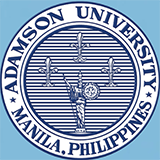
Adamson University
-
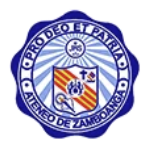
Ateneo de Zamboanga University
-
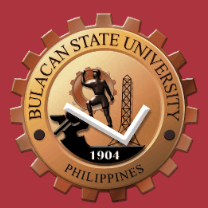
Bulacan State University
-
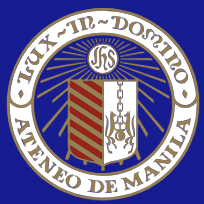
Ateneo de Manila University
-
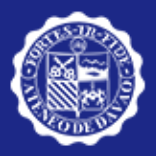
Ateneo de Davao University
-
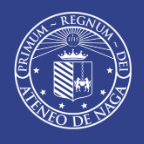
Ateneo de Naga University
-
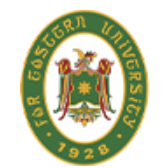
Far Eastern University
-
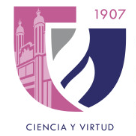
Centro Escolar University
-
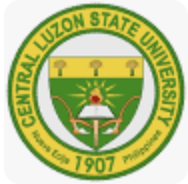
Central Luzon State University
-
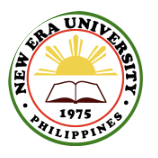
New Era University
-

Mesoamerican University
-

Istmo University
-

Mariano Galvez University of Guatemala
-

Regional University of Guatemala
-

Galileo University
-

Francisco Marroquín University
-

Rafael Landívar University
-

University of the Valley of Guatemala
-

University of San Carlos of Guatemala
-

Technological Institute of Tlaxcala Plateau
-

Golfo University
-

Technological University of South Sonora
-

Technological University of Huejotzingo
-

Tizimín Institute of Technology
-

Chilpancingo Institute of Technology

